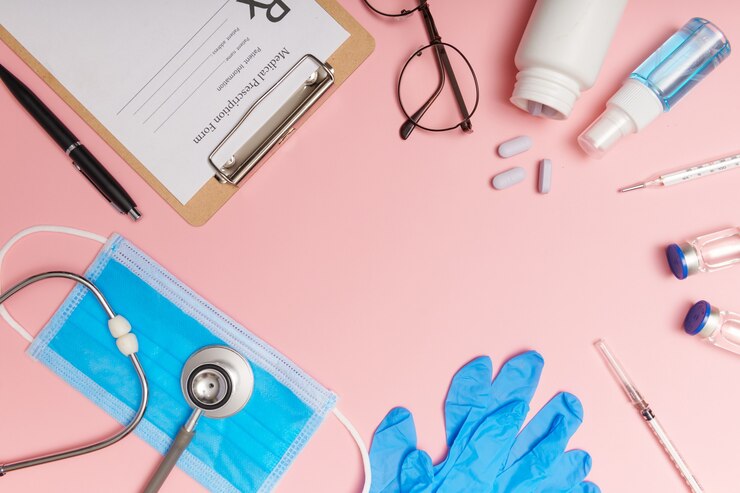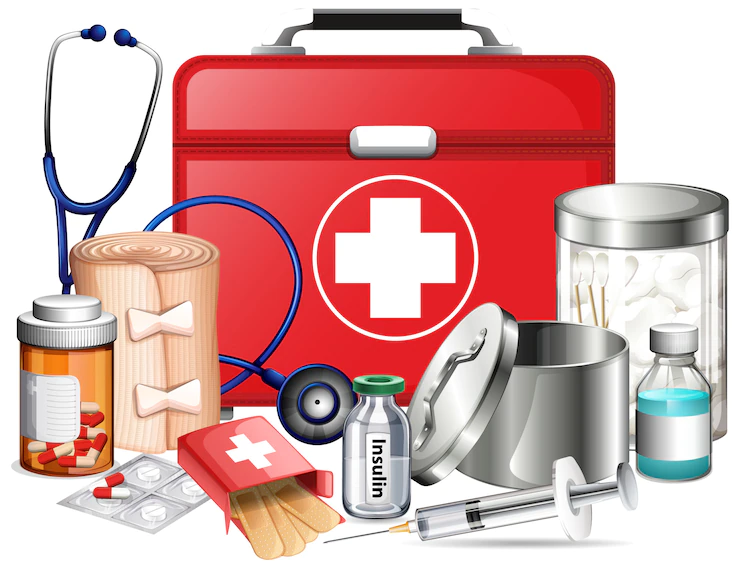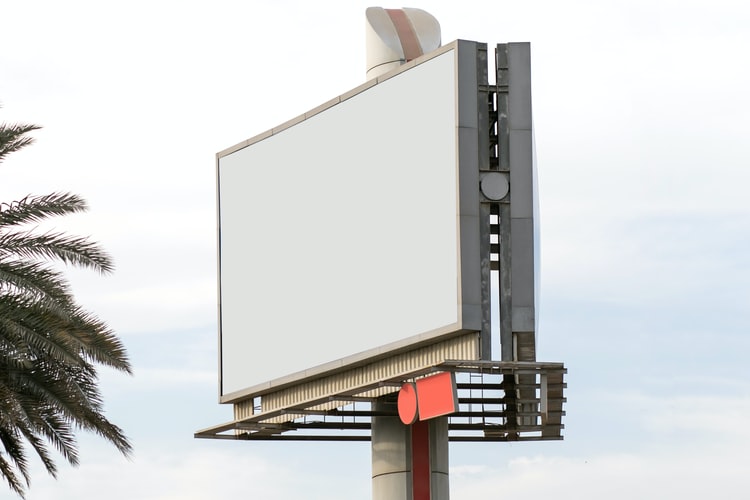List Of Essential Medical Supplies Every Workplace Should Have
6 Mins Read
Published on: 10 November 2022
Last Updated on: 28 February 2025

toc impalement
Since the outbreak of COVID-19, there has been a heightened awareness of the importance of having essential medical supplies in the workplace.
While many businesses have always had a first-aid kit on hand, many are now rethinking their approach to workplace safety.
It’s a well-known fact that accidents happen. No matter how careful you are, there’s always a chance that something can go wrong. This is why it’s so important to have essential medical supplies in the workplace and a plan for dealing with emergencies.
This article will take a closer look at the medical supplies required in the workplace to handle any emergency and why you should stock up on these medical supplies.
Essential Medical Supplies

You can buy medical supplies in a certified medical supply store and from an online vendor. The key is to always make sure the vendor is licensed to supply the medical supplies needed.
No matter the size of your workplace, there are certain medical supplies you should always have to ensure the safety of your employees.
Here’s a list of the must-have medical supplies for any workplace:
1. PPE
In addition to drugs, every workplace should also have a supply of personal protective equipment (PPE). PPE includes items such as gloves, masks, and eye protection.
Gloves help stop the spread of disease and keep harmful germs from getting on your hands. With the help of a mask, you can protect your face from dangerous substances and airborne pollutants.
For those working in medical and radiology settings, lead free x-ray aprons typically offer essential radiation protection without the weight of traditional lead aprons, reducing strain and improving comfort. Additionally, goggles or other protective eyewear safeguard the eyes from chemical exposure and physical hazards.
2. First Aid Kit
A first aid kit is essential for any workplace. You never know when someone might need some antiseptic cream or an ice pack. A first-aid kit will also help you store and organize the other essential medical supplies, and you can deal with minor injuries and illnesses quickly and easily.
A first aid kit also comes in handy when you need to treat an injury fast before the medical can arrive at the scene of the injury. Be sure to keep it in a location that’s easily accessible in an emergency.
While a first-aid kit is important, it’s equally important to know how to use the items in the kit. You should also train your employees how to administer first aid and CPR regularly or at least once a year to remind them or update them on new skills.
3. Wound Care Products
Wound care products are used to clean, protect, and treat wounds. You need these products to help clean and dress minor injuries that may happen at work. They also help dress the major injuries when possible before the medical emergency can arrive. However, before dressing a major wound, be sure to first seek the advice of a medic via the emergency services.
Wound care products range from gels, creams, ointments, and sprays.
They also include:
- Bandages: You’ll need a sufficient supply of bandages in your wound care pack. Bandages can be used to treat a variety of different injuries, including cuts, scrapes, and burns. They can also be used to protect cuts and scrapes from infection and to immobilize injured body parts to allow them to heal.
- Dressings: Dressings are placed directly on wounds and are usually made from materials that absorb blood and other fluids, such as gauze pads. You can use gauze pads to apply pressure to wounds and absorb blood. They also help keep the wound clean and free from infection. It’d be best if you also had a supply of cotton balls, which are also essential in wound care.
- Antiseptic: In addition to bandages and dressings, you should also have a supply of antiseptic wipes. You can use these wipes to clean wounds and prevent the spread of infections.
- Drugs: Drugs are chemical substances used to treat, cure, or prevent disease and relieve symptoms. They can be taken by mouth, injected, or applied to the skin.
Common drugs used in workplaces include:
- Pain Relievers: Pain relievers can help relieve pain from minor injuries and illnesses. Be sure to stock a variety of pain relievers.
- Allergy Medications: Allergy medications can be used to help relieve symptoms of allergies. Always have a variety of sizes and types of allergy medications stocked up, including over-the-counter and prescription medications.
- Cold and Flu Medications: Cold and flu medications can be used to help relieve symptoms of the common cold and flu. Ensure you have enough flu medication stocked up, preferably in different sizes and types.
- Oxygen: In addition, workplaces should also have supplies of oxygen and other respiratory treatments, as well as defibrillators and other emergency medical equipment.
Defibrillators revive people who have suffered a heart attack and can also be used to provide CPR.
Often, this equipment significantly affects the outcome of a serious accident or medical emergency. For example, if one of your team members suffers from a heart attack a defibrillator can help stabilize their condition before they can get to the hospital.
However, if you don’t have oxygen at your workplace, the chances of the employee succumbing to a heart attack are increased.
4. An Emergency Contact List
An emergency contact list is beneficial when displayed in the workplace. This list should include the names and numbers of emergency contacts like family members, friends, and local emergency services.
Therefore, in case of a severe, injury, you can contact the emergency contact list of the affected employee as you organize urgent medical services.
Why Should Workplaces Have Medical Supplies?

There are several reasons why every workplace should have essential medical supplies.
Here are a few reasons why:
A. They Can Help Prevent Injuries
One of the main reasons you need medical supplies in the workplace is to help prevent injuries. Supplies like PPEs are used as protective gear to protect your employees from injuries when they work.
The type of PPE your company need will depend on the nature of the work. That also means the PPEs may differ from one employee to another even though they’re working for the same company.
B. They Can Help Reduce Workers’ Compensation Costs
Workplace injuries can lead to costly workers’ compensation claims which negatively affect the finances of a business. Employers can reduce these expenses by having medical supplies in the workplace. This is because minor injuries can be treated quickly and easily, preventing them from becoming more serious and more expensive to treat.
C. They Can Help You Comply With OSHA Regulations
The Occupational Safety and Health Administration (OSHA) requires that employers provide their employees with a safe and healthful workplace. Depending on your business type, you may be required to have certain medical supplies on hand.
For example, if you have employees who work with hazardous materials, you may be required to have a first aid kit on site. Having the required medical supplies can help ensure that you comply with OSHA regulations and avoid hefty fines and other penalties.
Summary
While this isn’t an exhaustive list, these are some essential medical supplies that every workplace should have. Having these supplies in your workplace can help ensure that employees are healthy, safe, and have the necessary resources in an emergency.
If you’re an employer, ensure your workplace is stocked with essential medical supplies. If you’re an employee, familiarize yourself with the location of the first aid kit and how to use the supplies within it. Accidents happen, but by being prepared, you can be sure that you’ll be able to handle any situation that may arise.
Read Also:


















Comments Are Closed For This Article